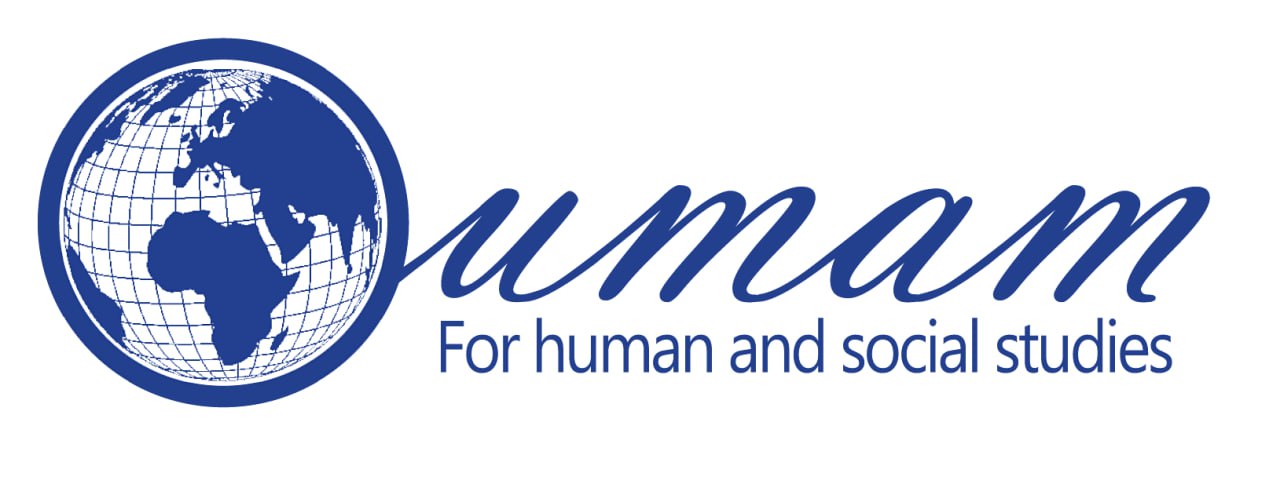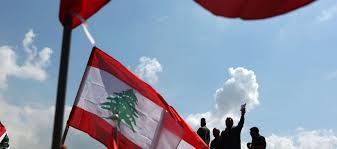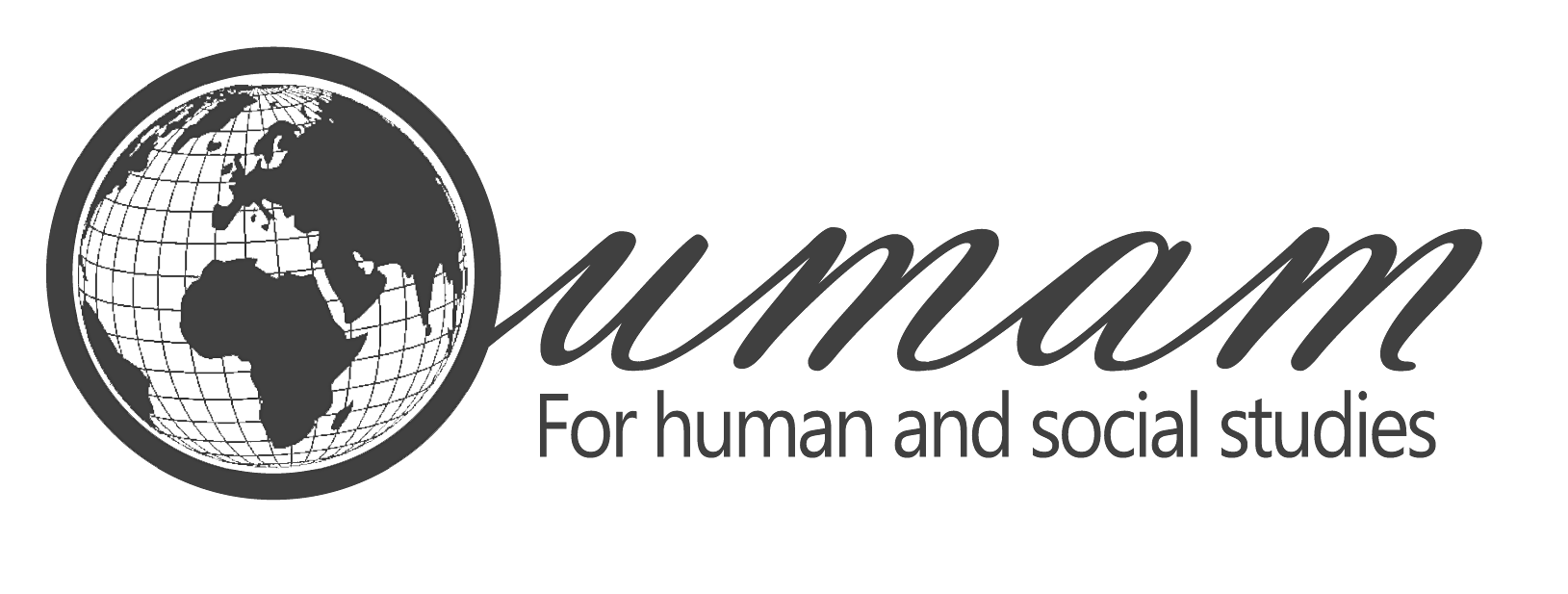It also traces their development, through the civil war and its aftermath, and analyzes the number, divisions, structures, and classifications of these organizations. In addition to that, the research analyzes their legal and administrative operational mechanisms, funding sources, and the qualitative leaps in their evolution that began after 2005—marked by the issuance of Resolution 1959, the Syrian withdrawal from Lebanon, and the assassination of former Prime Minister Rafik Hariri. The study explores the causes, factors, and motives behind this artificial development, which was funded and directed by American and international powers. It examines their functional, developmental, and political roles, leading to the identification of international intervention in their goals and programs. The study also looks at how these organizations transformed into political parties and power projects serving American and international agendas, and the complications they faced in the context of corruption networks and Lebanon's sectarian social and political structure. Additionally, the research discusses the implications of U.S. President Trump's decision to stop funding NGOs through USAID and its impact on Lebanon.




Comments